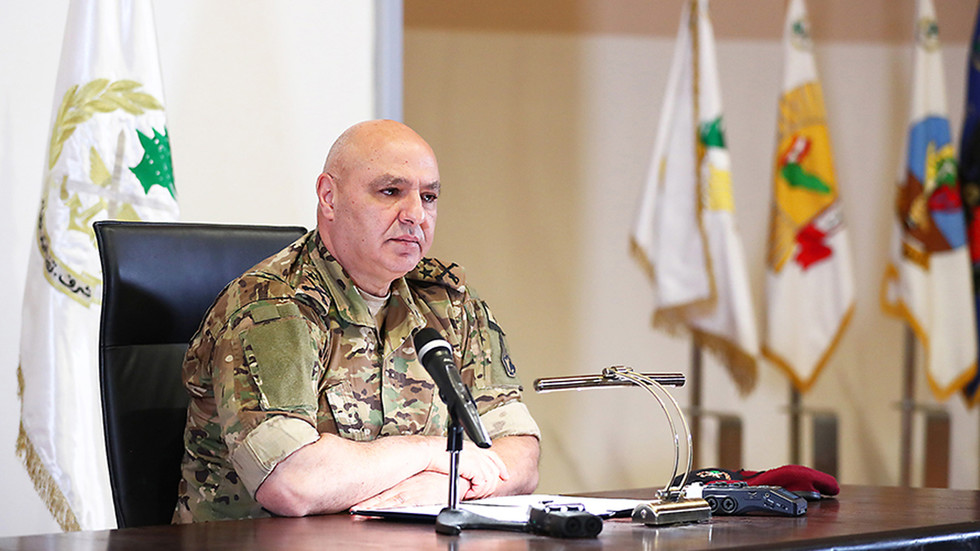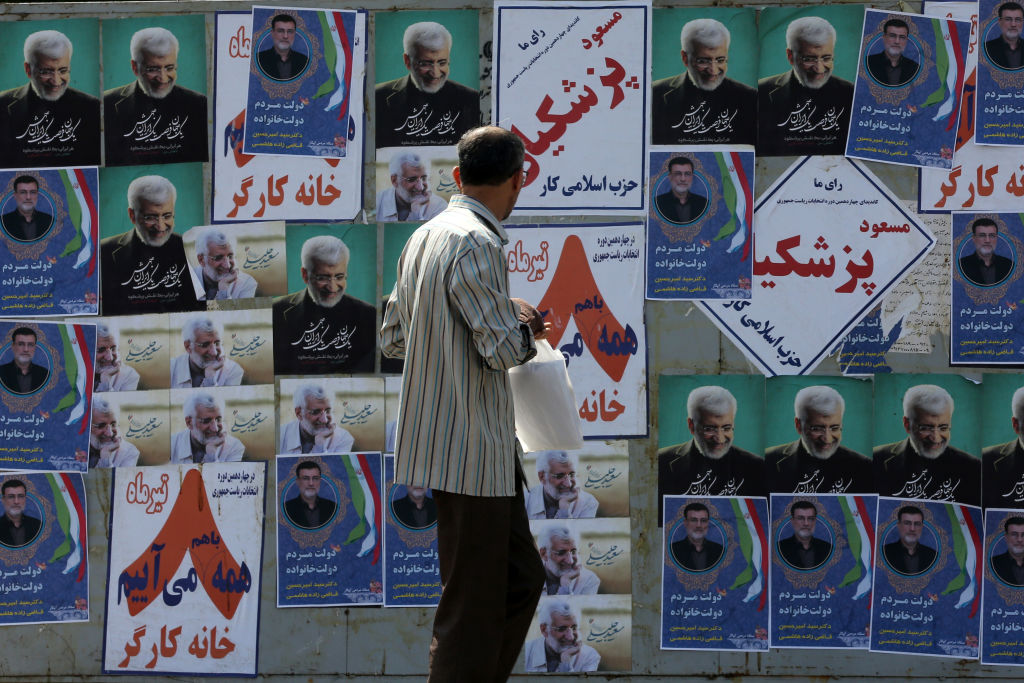The return to civilian life after prolonged reserve service requires a systematic and comprehensive approach.
By GABY KASHY-ROSENBAUM JANUARY 9, 2025 04:22 Depression (illustrative)
(photo credit: ING IMAGE)
Depression (illustrative)
(photo credit: ING IMAGE)
The transition to civilian life after months of combat can pose significant adjustment difficulties for discharged reservists. Prolonged absence from work can result in income loss and financial strain on families, particularly for salaried employees who were laid off or self-employed individuals whose businesses were harmed during the war.
Moreover, transitioning from the intensity of the military framework to civilian routine is a complex process, often accompanied by significant psychological challenges.
Many discharged soldiers describe a loss of meaning stemming from the gap between the sense of mission they experienced during the war and the emptiness and detachment they feel upon returning to routine.
Additionally, feelings of guilt and moral confusion are especially prevalent among those who experienced the loss of comrades or were required to carry out difficult actions as part of their roles.
Coping with traumatic experiences from combat can lead to post-traumatic stress disorder (PTSD), manifested through symptoms such as detachment, depression, intrusive memories, anxiety, sleep disturbances, a sense of helplessness, functional difficulties, outbursts of anger, and psychoactive substance abuse.
Feelings of guilt and the reluctance to seek help due to the stigma surrounding psychological assistance make it difficult for soldiers to share their distress. These factors can worsen their mental state and increase their risk of suicide.
SUICIDE AMONG security forces after war is a known and troubling phenomenon observed in many countries, including Israel. This phenomenon results from a combination of psychological, social, and physiological factors caused by prolonged exposure to stress, trauma, and loss.
In countries like the United States, the suicide rate among discharged soldiers is significantly higher than that of the general population. Since 2003, the United States has recorded a consistent rise in suicide rates among soldiers, primarily due to their participation in the wars in Iraq and Afghanistan.
All-time high in Israel
According to data presented by the IDF last week, suicides since the Israel-Hamas War began have reached a 13-year high, with an estimated increase in numbers still expected.
Since the beginning of the war, the IDF has reported 38 deaths being investigated as suspected suicides, of which 18 were reservists (42%), all men. The IDF stated that “the war and the unprecedented pressures on service members are undoubtedly affecting the issue.”
Stay updated with the latest news!
Subscribe to The Jerusalem Post Newsletter
Access to personal firearms and the use of psychoactive substances are significant risk factors for suicide, particularly among combat soldiers. Exposure to combat events involving violence and killing accelerates psychological processes that can lead to suicidal ideation, with the availability of weapons facilitating the act.
Studies point to a direct link between access to firearms and an increase in suicide rates, particularly among young men and discharged soldiers. In Israel, a policy change by the IDF in 2006, which required soldiers to leave their weapons on base during leave, led to a significant reduction in the number of suicides among soldiers.
These findings underscore the need to limit access to personal firearms as a means of reducing suicide rates. This issue warrants special attention, particularly in light of the unique characteristics of Israel’s reservist population and the permissive policy on personal firearm ownership promoted by National Security Minister Itamar Ben-Gvir.
PSYCHOACTIVE substance use is another significant factor that increases the risk of suicide. Prolonged exposure to stress and pressure causes heightened adrenaline secretion, which increases arousal and the tendency to use addictive substances.
Discharged reservists report a significant increase in smoking, alcohol consumption, cannabis use, drugs, and prescription medications (mainly for relaxation and sleep). Studies show a direct link between the use of psychoactive substances and an increase in suicide rates, with the connection being even stronger when personal firearms are accessible in their environment.
The return to civilian life after prolonged reserve service requires a systematic and comprehensive approach. The IDF has reported several measures taken to reduce suicide incidents, including the establishment of a 24/7 telephone assistance hotline, an expansion of mental health officer availability, and the creation of a new mental health center with clinics across the country.
However, alongside providing psychological support, it is essential to limit access to personal firearms, increase economic support for reservists, and reduce the stigma surrounding seeking mental health assistance. These measures can support the rehabilitation of reservists and help them reintegrate optimally into civilian life.
The writer is head of the education track, a senior lecturer, and researcher in the field of trauma in the Multidisciplinary Department of Ashkelon Academic College.

 By The Jerusalem Post (World News) | Created at 2025-01-09 03:05:07 | Updated at 2025-01-09 15:49:12
13 hours ago
By The Jerusalem Post (World News) | Created at 2025-01-09 03:05:07 | Updated at 2025-01-09 15:49:12
13 hours ago








